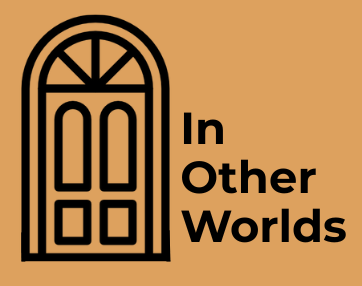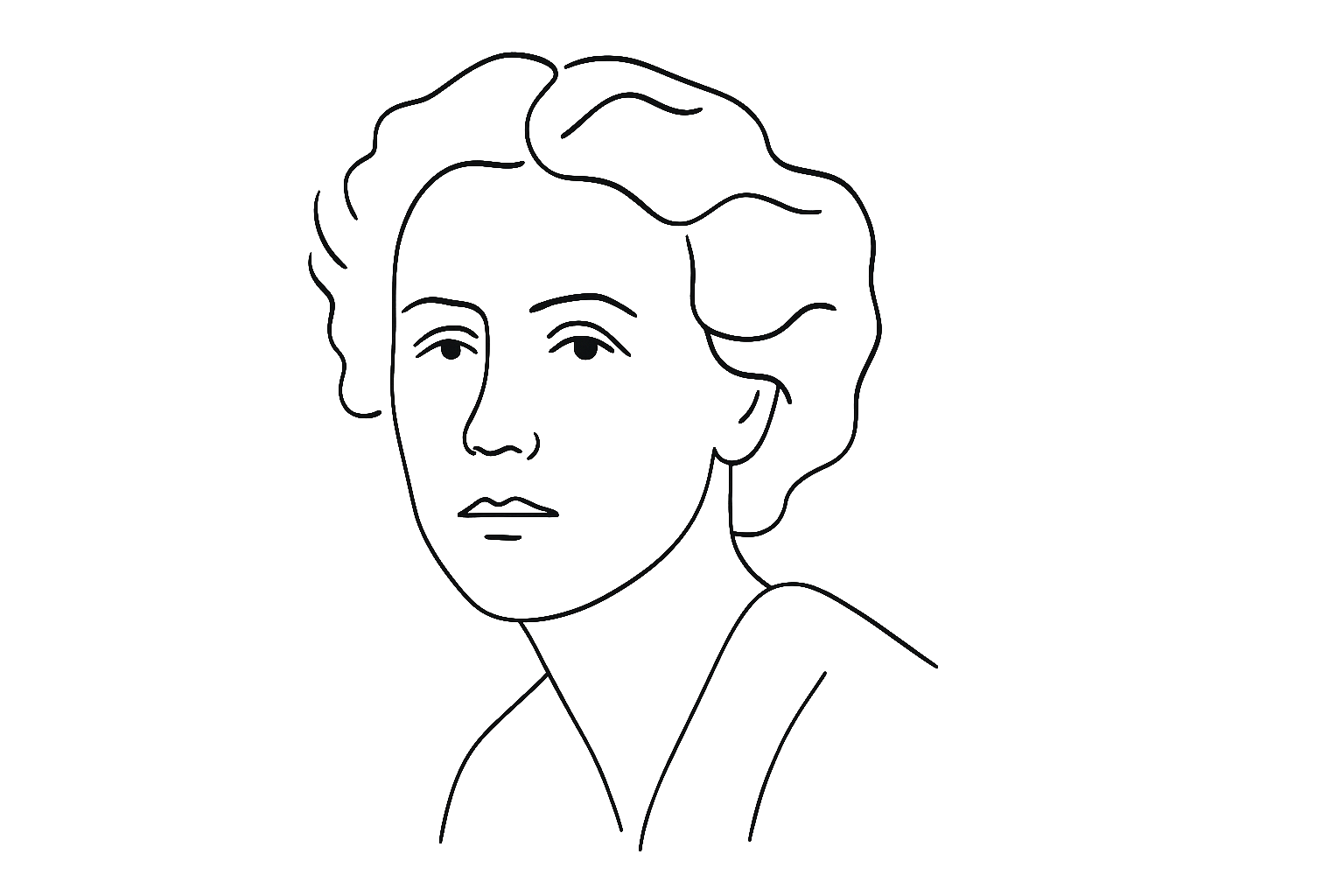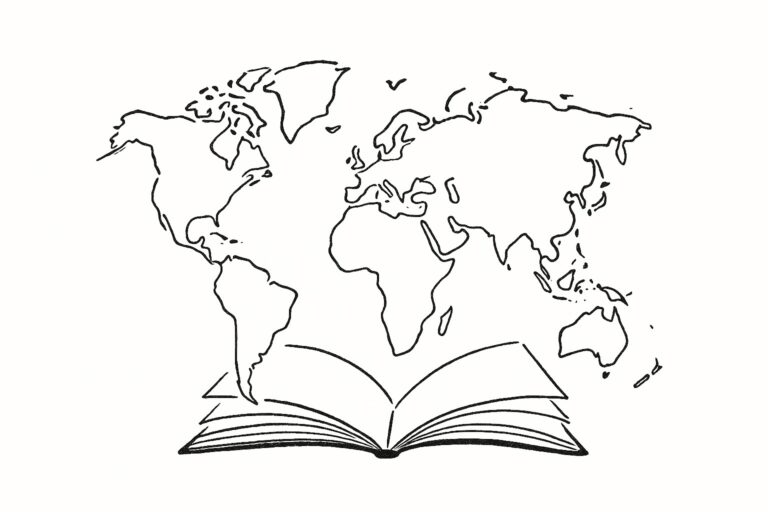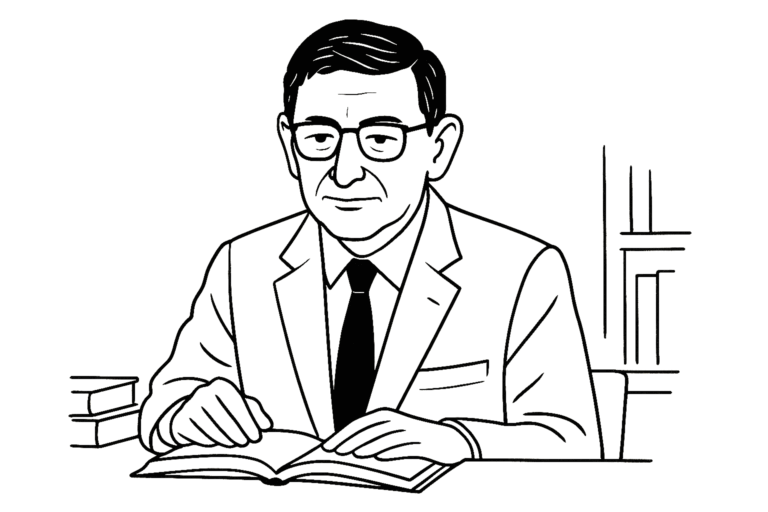When Franz Kafka’s The Stoker appeared in Czech in 1920, the translation marked a quiet milestone: it was the first time his work crossed into another language. The translator was Milena Jesenská, a young journalist from Prague whose life would take her far beyond that moment. Although her name is usually mentioned only in connection with Kafka, she deserves recognition in her own right, as a translator, cultural critic and resistance fighter.
A Translator at the Beginning of a Legacy
Jesenská was born in Prague in 1896 and moved to Vienna after a turbulent early life and marriage. There she came into contact with the literary circles of Central Europe and, in 1920, wrote directly to Kafka to ask if she might translate his story into Czech. Her request was bold, and Kafka agreed.
Through this act, Jesenská became the first person to bring Kafka’s words into another language. Their correspondence about the translation soon grew into an intense exchange of letters that blossomed into a brief affair. While Kafka’s letters to her survive, published as Letters to Milena, her replies have been lost, leaving her side of the dialogue in silence.
More Than “Kafka’s Lover”
Jesenská’s career as a writer did not end with that translation. She established herself as a journalist and essayist, writing cultural criticism and political commentary in an era when women rarely had such a platform.
In the 1930s, as fascism spread across Europe, she turned her voice against oppression. She contributed to banned publications, sheltered Jews and political dissidents, and assisted their escape from Nazi-occupied territories. Her courage led to her arrest in 1939, and she died in Ravensbrück concentration camp in 1944.
A Familiar Story of Erasure
Jesenská’s role as Kafka’s translator is a reminder of how translators often stand in the shadows of the writers they serve. Without her, Kafka’s work would not have begun its journey into world literature through Czech. Yet her own writing, her political bravery and her voice have been largely overlooked, much as her letters to Kafka are missing from the historical record.
Her story illustrates how women’s contributions in literature and politics are so often remembered through the men around them rather than on their own terms.
Why She Matters Today
To recover Jesenská is to acknowledge the power of translation, not only as a linguistic act but as a crossing of borders, ideas and identities. Her translation of Kafka became the opening of a global conversation. Her later political writings and acts of resistance reveal a woman who lived by that same principle: crossing lines that others feared to cross.
Today, new biographies, research and creative works are bringing Jesenská back into focus. They invite us to see her not just as a footnote to Kafka but as a figure whose translations, journalism and political courage form part of twentieth-century cultural history.
This article draws on Christine Estima’s piece but reframes Jesenská’s story through the lens of literary translation. For a deeper exploration of Jesenská’s life, see Estima’s essay on Lit Hub: Writer, Resistance Fighter, and Kafka’s First Translator: Milena Jesenská, Forgotten No More.



